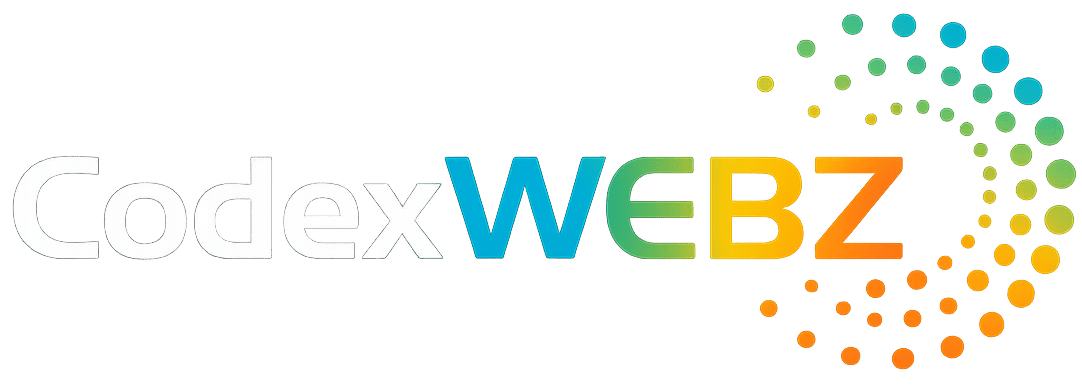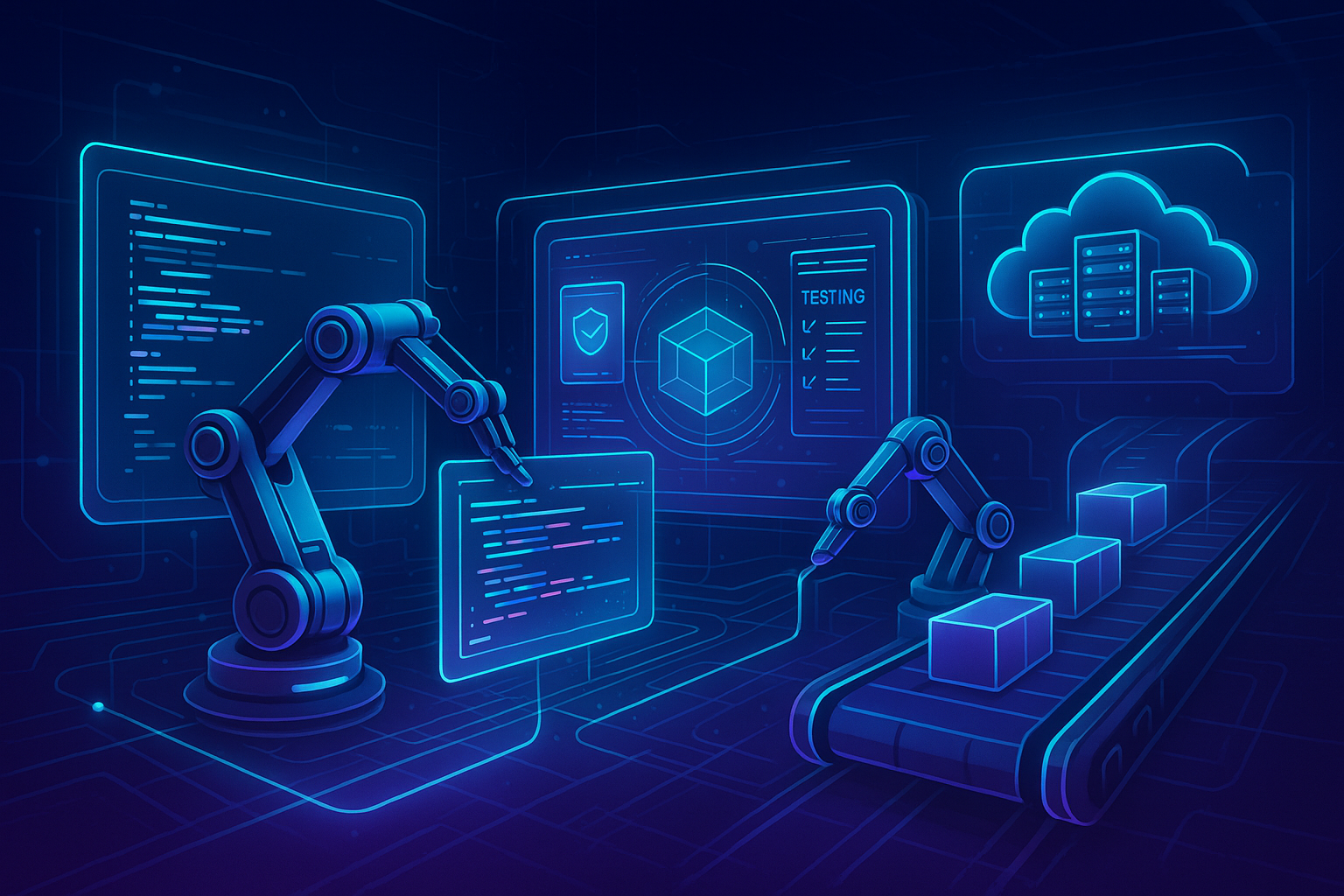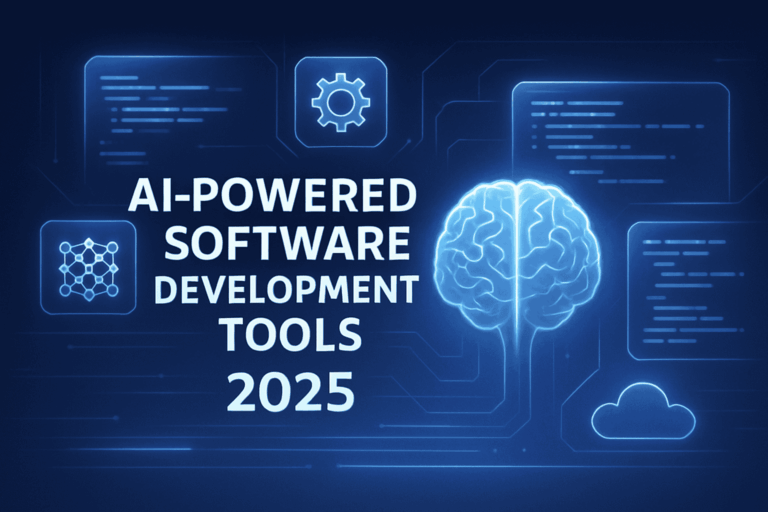The future of coding is here — where AI doesn’t just assist but collaborates, revolutionizing how software is designed, tested, and deployed with unprecedented speed and accuracy.
As the world embraces digital transformation, AI software development is rapidly reshaping the developer’s toolkit. In 2025, AI-powered programming tools are no longer optional add-ons but integral partners driving innovation. From intelligent code completion to autonomous bug fixing and automated testing, the landscape is evolving fast, enabling developers to focus more on creativity and complex problem-solving.
Here are 15 cutting-edge AI-powered software development tools redefining software development this year:
- GitHub Copilot – This AI assistant integrates directly into your IDE, providing real-time context-aware code suggestions, automating repetitive code, and even generating entire functions based on simple prompts.
- Gemini Code Assist – Google’s AI-powered tool enhances code quality through advanced refactoring suggestions and bug detection, with deep understanding of various programming languages.
- Devin Autonomous AI Engineer – An autonomous AI capable of independently designing, executing, and managing software tasks, boosting developer productivity dramatically.
- Codeium – A lightweight yet powerful AI coding assistant that excels in instant debugging and optimization across multiple IDEs.
- Cursor – This AI-enhanced IDE provides chat-enabled coding guidance to resolve issues seamlessly without leaving the coding environment.
- Tabnine – Offers intelligent code completions powered by large language models, reducing manual typing errors.
- AI-Driven UI/UX Generators – Tools that not only draft code but create design wireframes and test user experience automatically.
- AI-Powered Testing Suites – Automate the generation of unit tests, identify bugs early, and simulate real-world usage at scale.
- Prompt-Based Software Engineering – Developers instruct AI with natural language to generate code snippets or features on the fly.
- Automated DevOps with AI – AI orchestrates CI/CD pipelines, predicts deployment failures, and manages infrastructure with minimal human intervention.
- AI Code Refactoring Tools – Analyze codebases for inefficiencies and suggest cleaner, more performant algorithm improvements.
- Generative AI for Documentation – Automatically drafts detailed code comments and technical documentation, simplifying maintenance.
- Security-Aware AI – Identifies potential vulnerabilities in AI-generated code, ensuring secure software delivery.
- Collaborative AI Platforms – Facilitate teamwork with AI-powered code reviews and pull request analysis.
- Learning Assistants – AI tools that help developers learn new languages or frameworks by giving real-time code examples and suggestions.
The integration of these AI tools means faster development cycles, higher code quality, and an ability to innovate at scale while reducing manual workload. Developers transform from mere coders to orchestrators of AI-driven creation.
For businesses and developers aiming to stay competitive in 2025, embracing AI software development tools like GitHub Copilot and Gemini Code Assist isn’t just smart — it’s essential.


